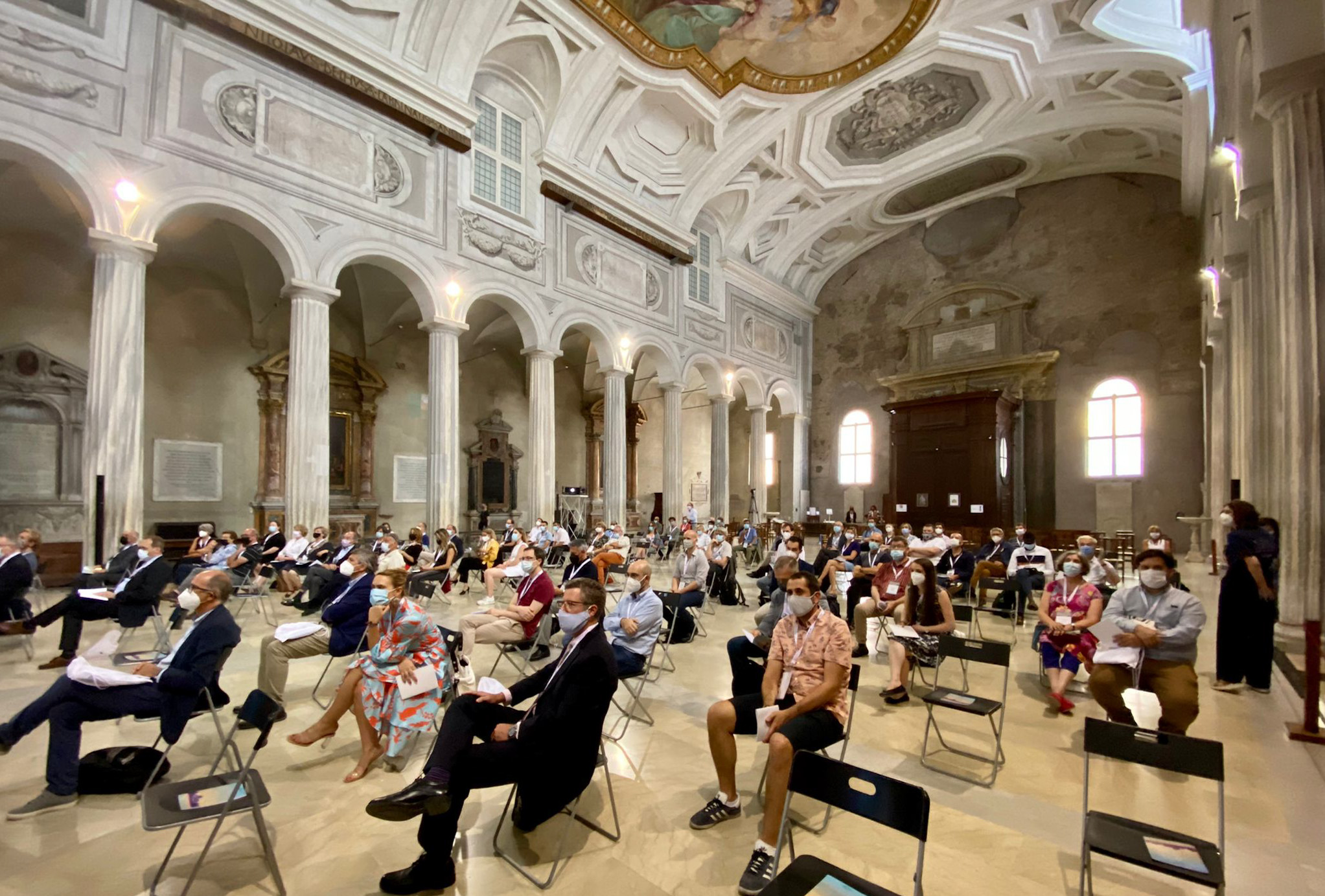Business events have long been praised for generating impressive tourism revenue. And undoubtedly, this is an important reality that drives public and private sector support of the industry. Yet, research commissioned by Business Events Sydney (BESydney), titled Beyond tourism benefits: measuring the social legacies of business, reveals the little-discussed social benefits the sector delivers beyond the tally of tourism receipts.
Surveying five international congresses hosted in Sydney, the findings strongly demonstrate that the international norm to evaluate tourism receipts alone overlooks perhaps the most valuable long-term legacies. Benefits reach from the ability to increase professional knowledge, improve local education offerings and career opportunities to disseminating the latest technical practices, forging international networks, driving research and business collaboration and profiling industry issues that lead to social change – the list goes on.
This forms a strong case for a shift in how we measure results in our industry if we are to truly capitalise on the opportunities that exist for our destinations. For example: one of the surveyed exhibitors in our research disclosed that through networking on the expo floor they secured investment of more than A$10 million (US$10.4 million) – this value regularly goes unmeasured.
Forty-five respondents knew of someone who had moved to Sydney as a result of attending a business event; prompting interest in the sector’s potential to grow skilled migration to boost skills shortages in priority industries.
Ninety per cent of respondents believed that congresses facilitated the dissemination of new knowledge, techniques and technologies, highlighting that it’s not just meeting attendees, but local industries and the general public who are touched by the outcomes that extend far beyond the conference doors.
A holistic approach to assess legacies such as these is key. It showcases the vitality of our sector and its ability to drive innovation and productivity, which fuels knowledge economies.
A paradigm shift is essential, and it’s under way.


